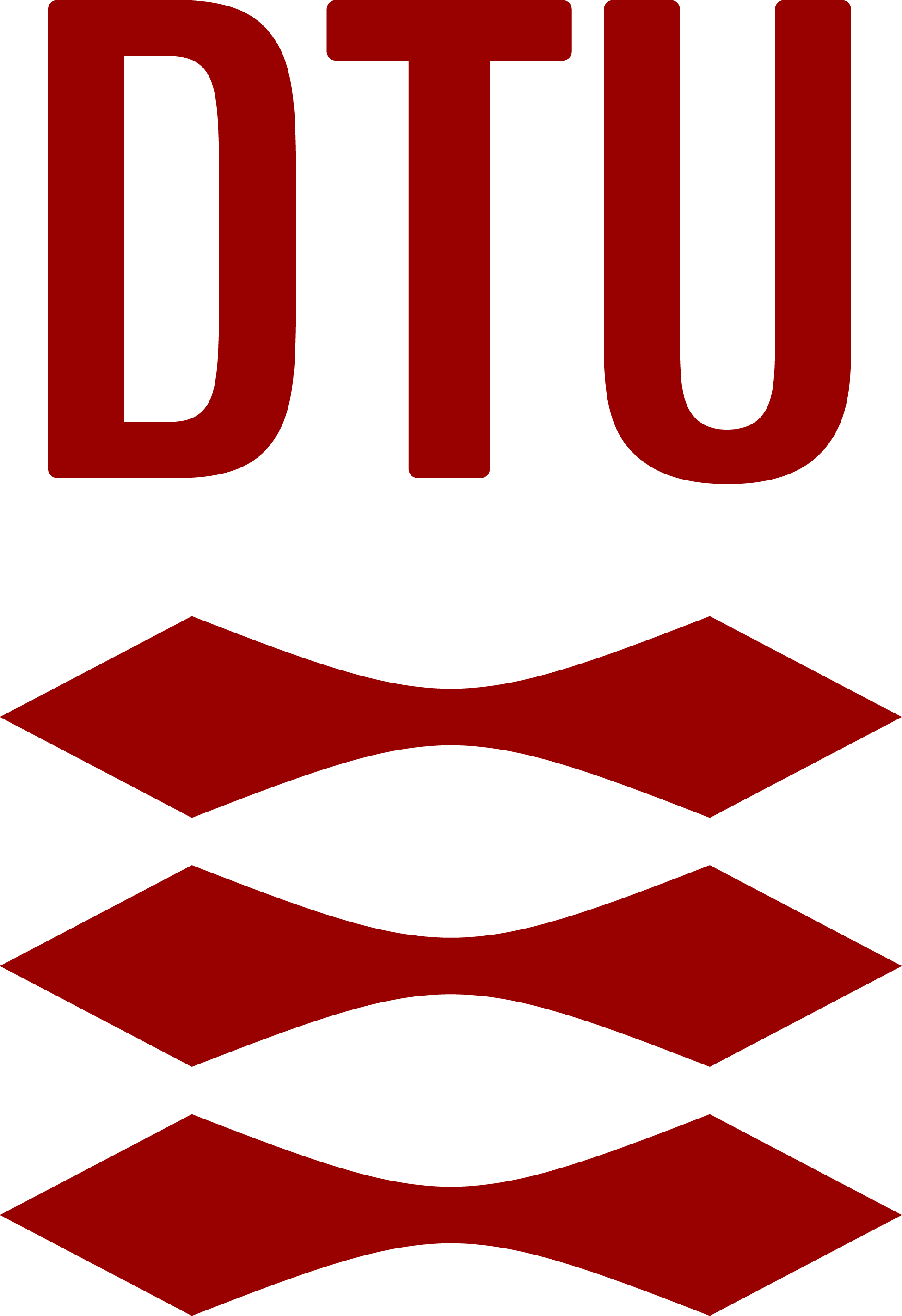About this course
The course will introduce the use of the commercial finite element code Abaqus in a research-oriented way where a number of nonlinear problems will be addressed. The focus will be on creating, analyzing, and evaluating nonlinear material simulations, as well as simulations of fibre-reinforced composites and crack growth predictions. The course is categorized as an AI-first course, meaning that students are encouraged to use AI throughout all phases of the course, including learning, assessments, and exams.
Learning outcomes
A student who has met the objectives of the course will be able to: Create advanced finite element models in Abaqus; apply theoretical concepts to analyze finite element simulations; apply the effects of nonlinear material models and evaluate the results; create models consisting of orthotropic materials and analyse its influence; create models discretizing fiber composite structures and analyse the layups and critical ply stresses and strains based on first and last ply failure criteria; create and evaluate crack tips models and analyse their prediction accuracy; create crack growth using models cohesive material laws in a finite element model and evaluate the impact of different modelling parameters; create Python scripts and apply these for pre- and post-processing steps; apply AI-tools (Large-Language Models e.g. like ChatGPT/CoPilot) to generate scripts and input files in order to interact with Abaqus and to evaluate/post-process results; create simple user-defined subroutines in Abaqus; understand the navigation in Abaqus’ User Manual and apply your knowledge to find relevant information; analyse and evaluate critically finite elements simulations (plausible check, physical meaningful, mesh convergence study, comparison with tests/analytical results).
Examination
Evaluation of experiments and reports
Course requirements
Familiar with Courses covering strength of materials and an introduction to the finite element method or other courses covering composite materials and fracture mechanics.
Resources
Activities
The course is organized around classical and online lectures, reading material, group exercises/games and assignments, peer-reviews and multiple-choice quizzes.
Additional information
- Institution locationAnker Engelunds Vej 1 1, Kgs.Lyngby
- More infoCourse page on website of Technical University of Denmark
- Contact a coordinator
- About studying within the Euroteq alliancehttps://euroteq.eurotech-universities.eu/initiatives/building-a-european-campus/course-catalogue/
- LevelDoctoral
- Contact hours per week4
- InstructorsPhilipp Ulrich Haselbach, Lars Pilgaard Mikkelsen
- Mode of deliveryOnline
